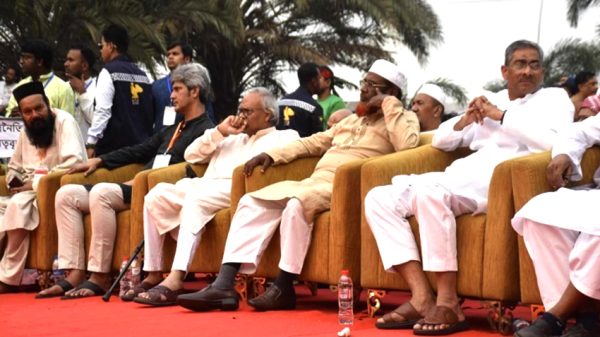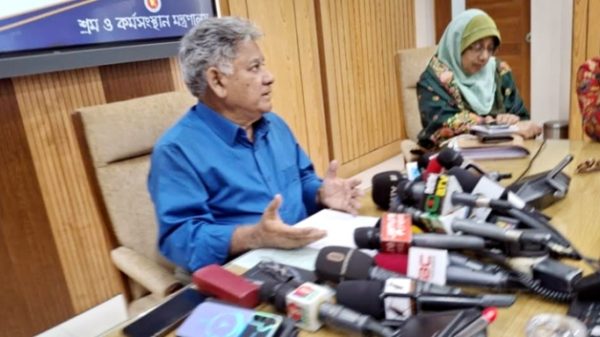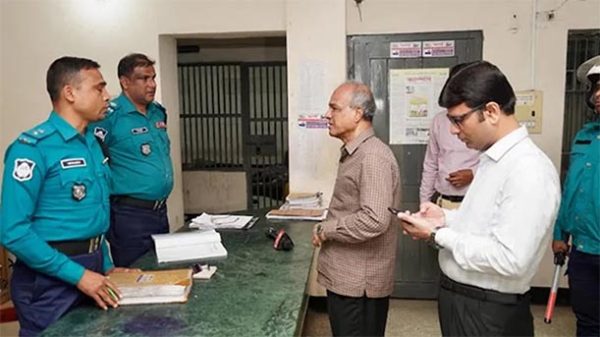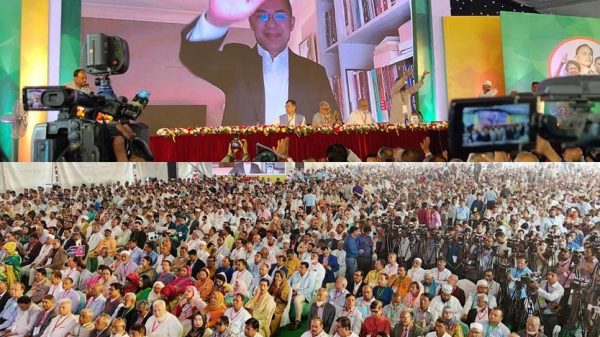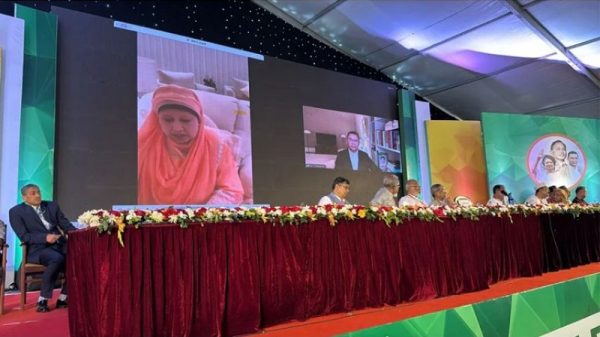Cyber Security Act to be amended soon : Asif Nazrul

- Update Time : Sunday, 29 September, 2024, 06:54 pm
- 94 Time View
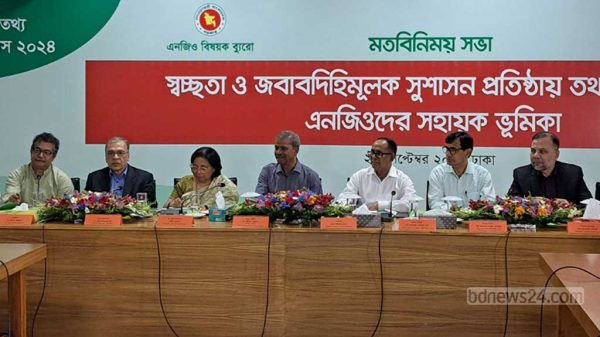
Online Desk : Asif Nazrul, the interim government’s advisor on law, justice and parliamentary affairs, said that the initiative will be taken to amend the Cyber Security Act soon. “The Cyber Security Act needs reform. Action will be taken soon. I will work on this from my ministry,” he said at a discussion titled ‘Right to Information – The Supporting Role of NGOs in Establishing Transparency and Accountable Good Governance’ organised jointly by the Right to Information Forum and the Foundation for Human Rights at the Bureau of NGO Affairs on Sunday. Commenting on the lack of awareness about the right to information, he said, “This right is not like any other right – all rights would be worthless without the right to information. This right is connected to every other right.”
He said, “If the country’s law, justice and governance departments are not in order, then the Information Commission or the Human Rights Commission will not be able to do any work. Those who talk about the right to information should also talk about fair elections. We must speak out against forced disappearances, we must out speak against extrajudicial killings.” Stating that the previous government had made the judiciary a tool of torture, he said: “They made parliament a forum for looting. We should be vocal about these things.”
Badiul Alam Majumdar, the chief of the electoral system reform commission, said: “The Right to Information Act was enacted to ensure transparency and accountability and an end to corruption and looting. But we could not develop it into a movement as India did. In this, we have completely failed.” He said, “Requests for information are very common. We have to appeal to larger authorities for information against major corruption. I myself appealed to the higher authorities for information and failed to get it.”
The objective of the Right to Information Act is to empower citizens. The act attempts to empower citizens by making information readily available. Through it, government offices are required to function properly. Stating that the Right to Information Act needs to be reformed, Badiul said, “The role of political parties is important in this regard. Whether political parties can be brought under the RTI Act needs serious consideration.” “Because if political parties are not transparent, responsible and accountable, then reforming the state structure is of no use.”
Iftekharuzzaman, executive director of Transparency International Bangladesh-TIB, said: “In every case, we have seen that the institutions associated with the word commission have been held hostage by the bureaucracy. And these institutions have become a form of rehabilitation centre for influential political figures during their retirement.” “Those whose professional responsibilities throughout their lives have included the withholding of information or the concealment of information about human rights violations are appointed to the Human Rights Commission or the Information Commission.”
Demanding reforms to the Information Rights Commission, he said, “This situation cannot continue in a country. The Information Commission should be reformed. That is why the government should not appoint an information commission alone. The government may suggest some names. And based on those names and the opinions of stakeholders, an information commission should be formed. “The Right to Information Act of 2009 needs a lot of changes. The government will not do this alone. It will be a proposal by civil society led by the Right to Information Forum. That will include all parties, including the media.”

